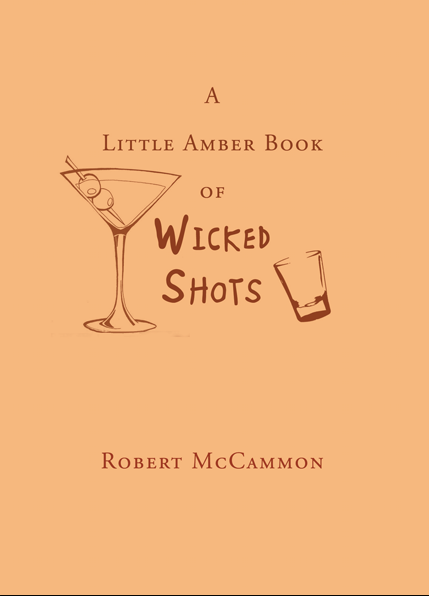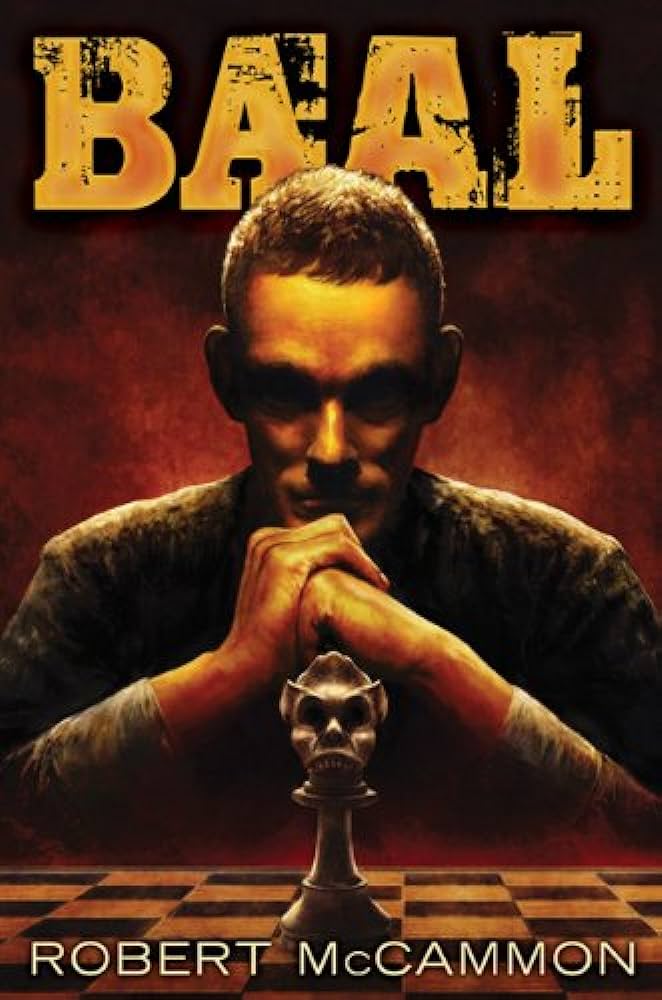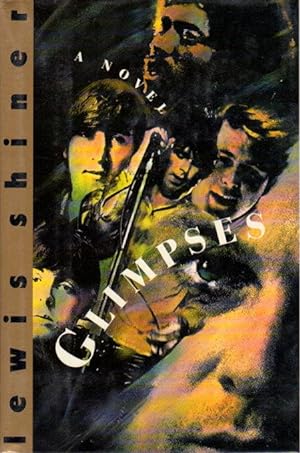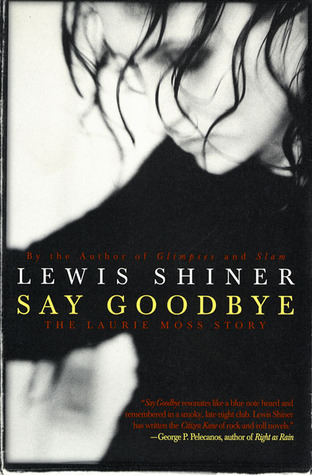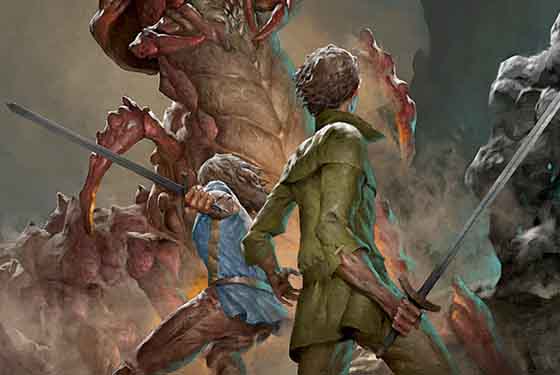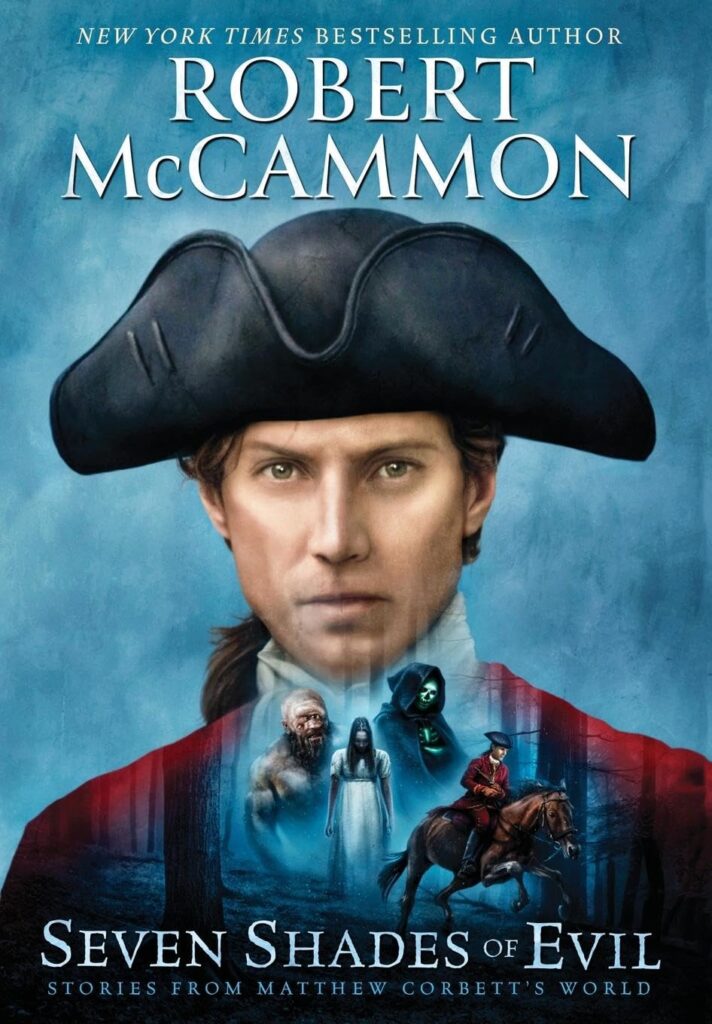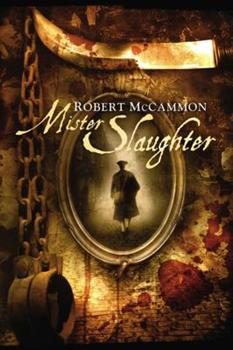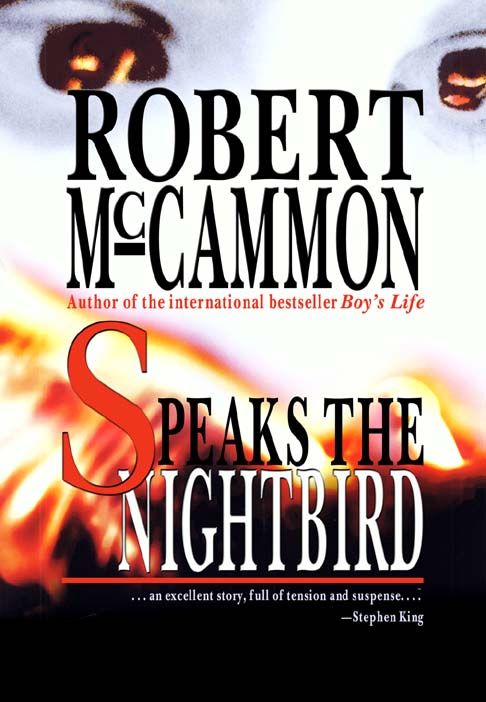Leviathan (Lividian Publications, 2024) was published in November 2024, by Lividian Press.
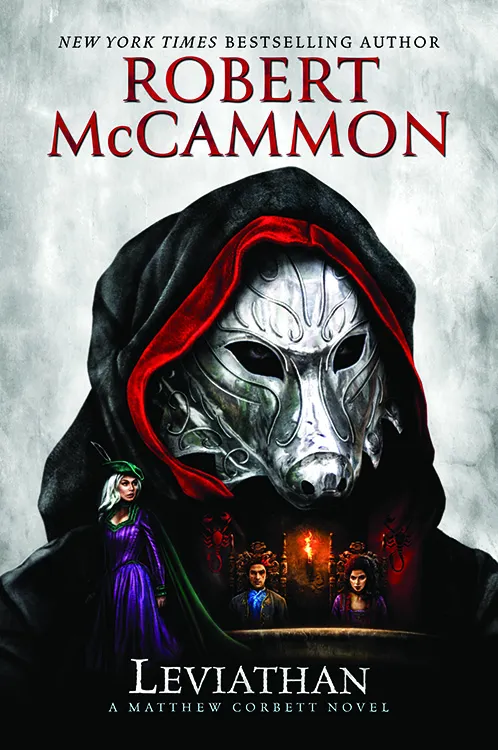
This is the 10th and last book in Robert R. McCammon’s series about the “problem solver”, Matthew Corbett. Several publishers have been involved with these books, from Lividian Publications, to Cemetery Dance, to Subterranean Press, to River City, which published the first book in the series: Speaks the Nightbird.
I read a bunch on McCammon books in the 1990s — They Thirst, Night Boat, Stinger, The Wolf’s Hour, Swan Song. Then, after 1992 there was a gap where McCammon appeared to have published no new fiction, until Speaks the Nightbird was published in 2002. This book was a change from the horror fiction for which he was known, and a switch from mass market hardcover editions to a smaller, specialized publisher. (I guess, in the minds of major publishers back then, the horror market was mostly limited to Stephen King and Dean Koontz.)
By chance, (sixteen years after it was initially published!) I found a copy of Speaks the Nightbird in a used bookstore in 2018. I almost left it there. I was used to a different McCammon, a more modern setting for his stories. This book was set in America around the year 1700, and seemed the opposite of the Robert McCammon that I knew. But, I bought the book, read it and enjoyed it. I didn’t see any other McCammon books for several years, until in 2022 I discovered that the sequels to Speaks the Nightbird had been published, starting way back in 2007. These books were all published in limited editions, and all long since sold out from the publisher. Only by chance did I see some of them listed online, usually well above the publication price, even the trade editions.
2022 was around the time I started to relax about buying books online, vs. buying books in person of from booksellers with traditional print catalogs (or, if online, direct from publishers). I’d left Austin by 2006, a city which had one SF bookstore (RIP, Adventures in Crime and Space) and an independent store like Book People where you could occasionally find interesting books. By then, I’d also stopped attending science fiction conventions, where dealers who carried books from specialized publishers sold unique and out of print books. In other words, I lived in a book desert when it came to specialized publishers.
In terms of the online options such as ABE Books and eBay, I was late to the game. But, when at last I discovered them, I tried to figure it out. In some cases, I was lucky. In other cases, I made mistakes. Sometimes it worked. At times, I paid premium prices for crappy books or ended up with beat up copies at what I thought were acceptable prices. Still, I was able to get most of McCammon’s books that I lacked, and all but one of the Corbett books in hardcover editions. Published first by Subterranean Press, then Cemetery Dance, then Lividian Publications, the series continued. McCammon stated that Leviathan would be his last and final book in the Corbett series. In early November 2024, I ordered my copy online from Alabama Booksellers, and received the signed copy on December 2nd.
Many years ago, my brother-in-law went to a SF or horror convention in Alabama. He brought me back an inscribed copy of the Dark Harvest edition of McCammon’s Swan Song. This book remains one of my most treasured books. I have a few other signed McCammon books—Subterranean Press editions of Blue World and The Border, the Dark Harvest edition of They Thirst, a handful others—yet that Dark Harvest edition of Swan Song is one that will always among my most treasured possessions. I’ve never met McCammon, and probably never will, but seeing that inscription made out to me is beyond thrilling.
The Matthew Corbett books have been a mix of exciting and annoying. Corbett doesn’t seem very smart. He often falls into situations, and ends up being lucky when he makes it through at the end. He’s more a survivor than a hero. Still, each setting is unique, the characters fascinating. That events take place around the turn of the 17th century, from the end of the 1600s to the start of the 1700s, make it even more thrilling.
With the Corbett Saga done, it will be interesting to see what McCammon writes next.
